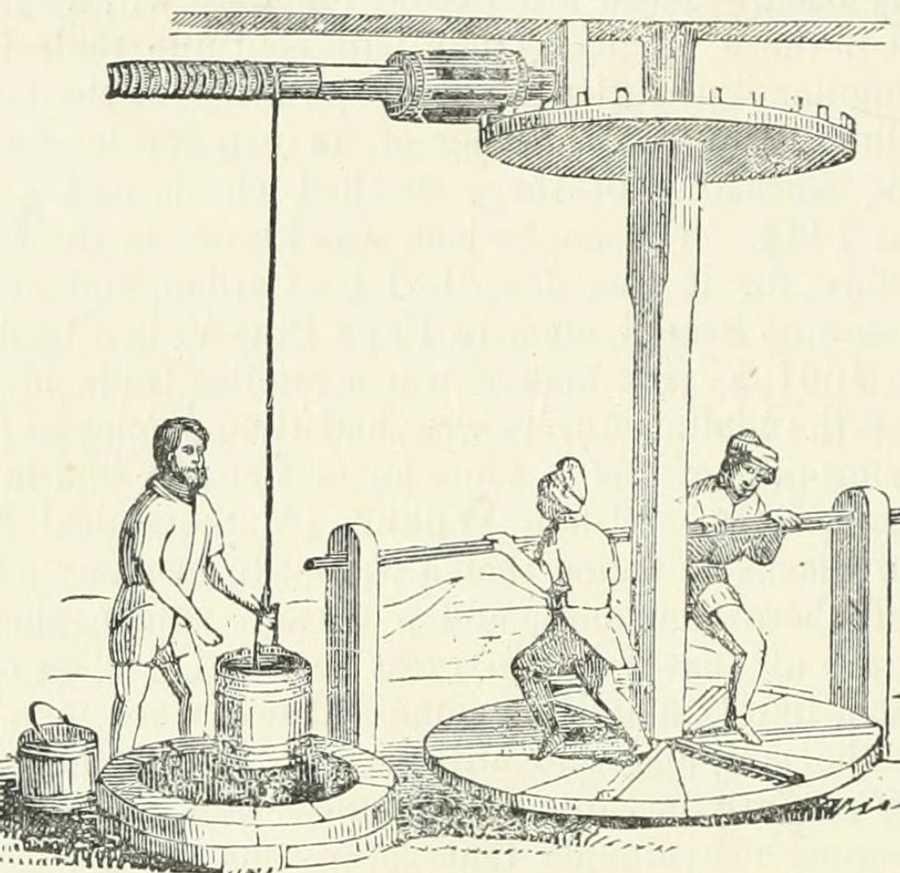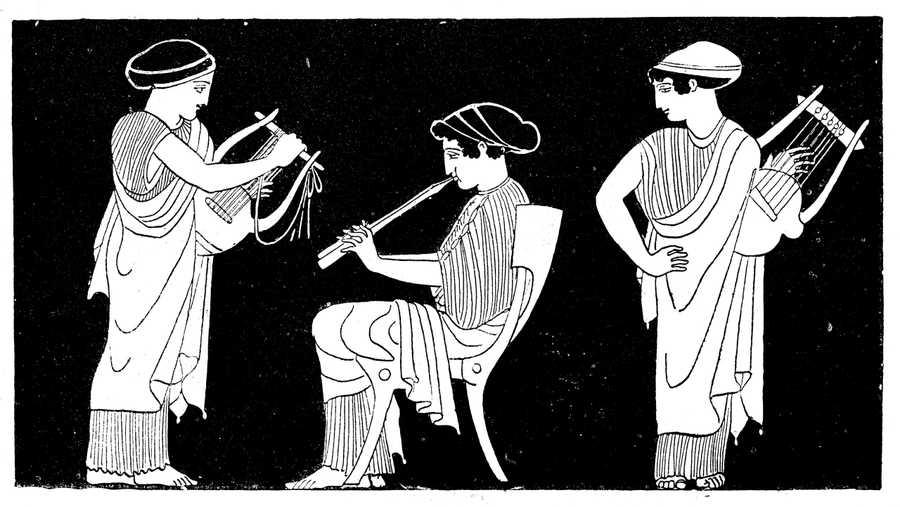The history of surveys
The history of surveys is essentially the history of the technology used to collect and interpret information. As tech has developed, so has our capacity to know ourselves on a large scale.
- The first mention of a census is in the Bible in the book of Exodus.
- In Chinese mythology, you’ll find a census from 2000 years before the common era – the census of Yu the Great.
- The Romans used a census throughout the Republican period and then into the empire, where they would use it to structure their society.
15
272 reads
CURATED FROM
IDEAS CURATED BY
Andrew Whitby, author of The Sum of the People: How the Census Has Shaped Nations, from the Ancient World to the Modern Age, gives insight into the history and uses of surveys.
“
The idea is part of this collection:
Learn more about podcasts with this collection
Understanding machine learning models
Improving data analysis and decision-making
How Google uses logic in machine learning
Related collections
Similar ideas to The history of surveys
The history of declinism
- Writer Jemina Lewis described memory bias as an emotional strategy, where we cling to the past when the present seems extremely bleak.
- In the late 1700s, Edward Gibbons, an English historian and writer, published The History of the Decline and ...
The History Of The Treadmill
- Introduced in the late 1st century in Ancient Rome as a Roman treadmill crane, the treadmill was initially used to lift or transport heavy objects.
- In the 19th century, farmers used a treadmill based mechanism to better utilize the pulling power of a horse(coining the term hors...
Music of the Greek and Roman times
Music has probably played an essential role in humans. Evidence shows that early man developed primitive flutes from animal bones and used stones and wood as percussion.
Surviving Greek notation has given scientists a clue to how the music of the early Greeks and later the Romans might hav...
Read & Learn
20x Faster
without
deepstash
with
deepstash
with
deepstash
Personalized microlearning
—
100+ Learning Journeys
—
Access to 200,000+ ideas
—
Access to the mobile app
—
Unlimited idea saving
—
—
Unlimited history
—
—
Unlimited listening to ideas
—
—
Downloading & offline access
—
—
Supercharge your mind with one idea per day
Enter your email and spend 1 minute every day to learn something new.
I agree to receive email updates

